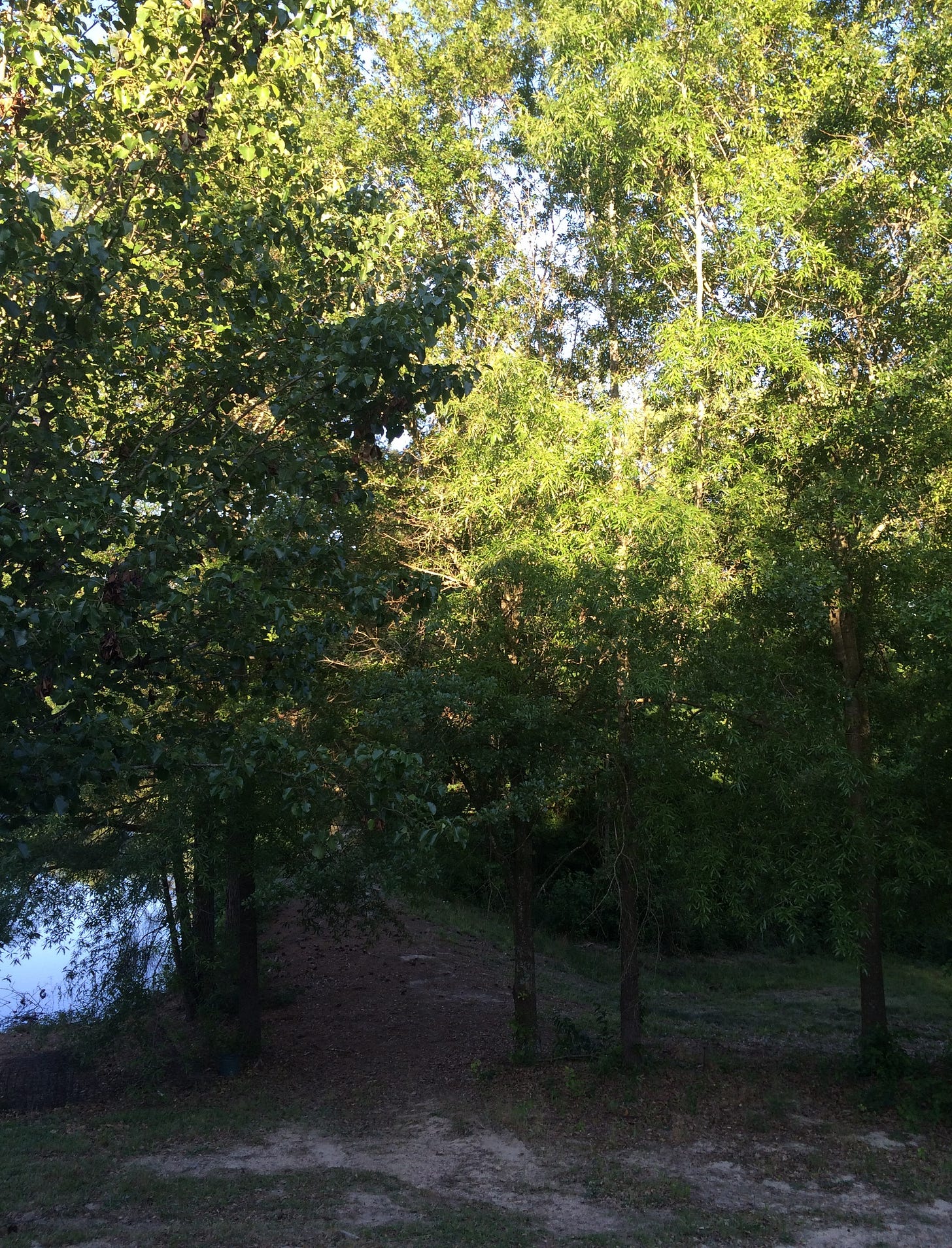My first thoughts earlier this week were: Be at peace. Be at peace within yourself. Be at peace with your neighbor. Be at peace with the cosmos.
I don’t know what generated that rhythm of words, but I’ve been using it as a mantra this week; a starting place for cultivating change that begins within myself and hopeful parts of it will ripple outwards like a pebble in a pond.
For me, this week represents the closing days of an intentional season of inner work and purification. So, it was not surprising that a few days ago I was drawn to these words from Richard Rohr:
Solitude is the courageous encounter with our naked, most raw and real self in the presence of pure love.
I can’t say I always enjoy these encounters with the Divine, as they inevitably come unbidden with messages that challenge my mental and sometimes physical capacities. That’s at least initially—until I allow the wisdom to really flow into me without trying to manipulate, conflate and judge my role in carrying them out. Often, nothing more is required of me, but to merely listen and store the information. I only realize that after I get my heart to stop throbbing from the sheer magnitude of the work ahead. But, since it all doesn’t happen at once, if I can trust and stay with the inner turmoil that is sometimes created; to endure the gentle nudging, tugging, and pulling, truth is always revealed.
When we first relocated to North Carolina, I had no idea what I was really getting into. I entered the project with a sense of adventure and I was seriously dedicated to the work of my art, sacred dance—but the patterns and dynamics that had shaped my life and belief systems and which I had held dear to my heart for decades began to crumble and I mean quickly; although I neglected to give the experiences due attention at the time. As the years passed more often than not, the rush and movement of time and energy, meeting new people and living in a different culture were sometimes overwhelming.
A city dweller most of my life, I now had access to acres of more greenery, woods, and nature than I could have ever imagined. And I would wander into the woods . . . to weep.
While questioning my emotional stability from time to time; the part of me that hears everything assured me that there was nothing to question. My tears were not just for me. More than any other spiritual teacher, Richard Rohr has helped me understand my tears.
Maybe pain needs to be borne together, and for all time; it is very hard to bear alone, or in the moment. We fight it as unfair and undeserved when we could instead carry it as an act of human and loving solidarity.
In the process of aligning my life’s purpose with Spirit I engaged in the formation process toward becoming a professed lay Franciscan. Years later, I learned that Francis of Assisi (1181-1226) and his female counterpart, Clare of Assisi ((1194-1253) cried daily. Of course, that was no consolation as that was centuries ago and I wasn’t quite sure I was willing to shout about that insight much less embrace it as a spiritual practice.
However, it might be worth noting that during their lifetimes, Perugia, Italy was under siege and the community of followers of Francis and Clare were living in an unholy and threatening environment due to the Crusades and other forms of oppression. Under these conditions what was kindled in their hearts was a vision of peace and solidarity, that grew from a singleness of focus and perhaps out of the great suffering they witnessed. Their devotion to a higher power and TRUTH, acting out of there own integrity they created change as a small group of rebels willing to speak truth to power. They created a tipping point that for centuries now has had an international and ecumenical following of people who resonate with their vision of simplicity, prayer, humility, and love.
Living into that universal, boundless, and unsentimental love must be the most difficult tasks for humans. As Richard Rohr suggests in his latest book The Tears of Things we don’t want to listen to the prophets, saints, and wise elders past or present, as they challenge us to change our ways of being; granted sometimes not so gently.
Jeremiah does not mince words:
Monstrous, terrible things / are happening in the land: / The prophets prophesy falsely . . . ? “Peace! Peace! “ they say / but there is no peace. / They should be ashamed of their abominable deeds. / But not they! . . . . / They have forgotten how to blush . (Jeremiah 5: 30-31,JB )
Referencing God, Jeremiah continues:
“Stand at the crossroads and look; / ask for ancient paths, / ask where the good way is, and walk in it, / and you will find rest for your souls. . .” (Jeremiah 6:16, NRSV)
These days I still wander into the fields but with much more intentionality: embracing nature, waiting, listening . . . and weeping in solidarity with the suffering of others!




With you in all this! Thank you for contextualizing the origins of the Franciscan movement. That shifted something for me! I believe I lived with that group in another life. I’m meditating on the ongoing perils of humanity. So much love and so much agony.